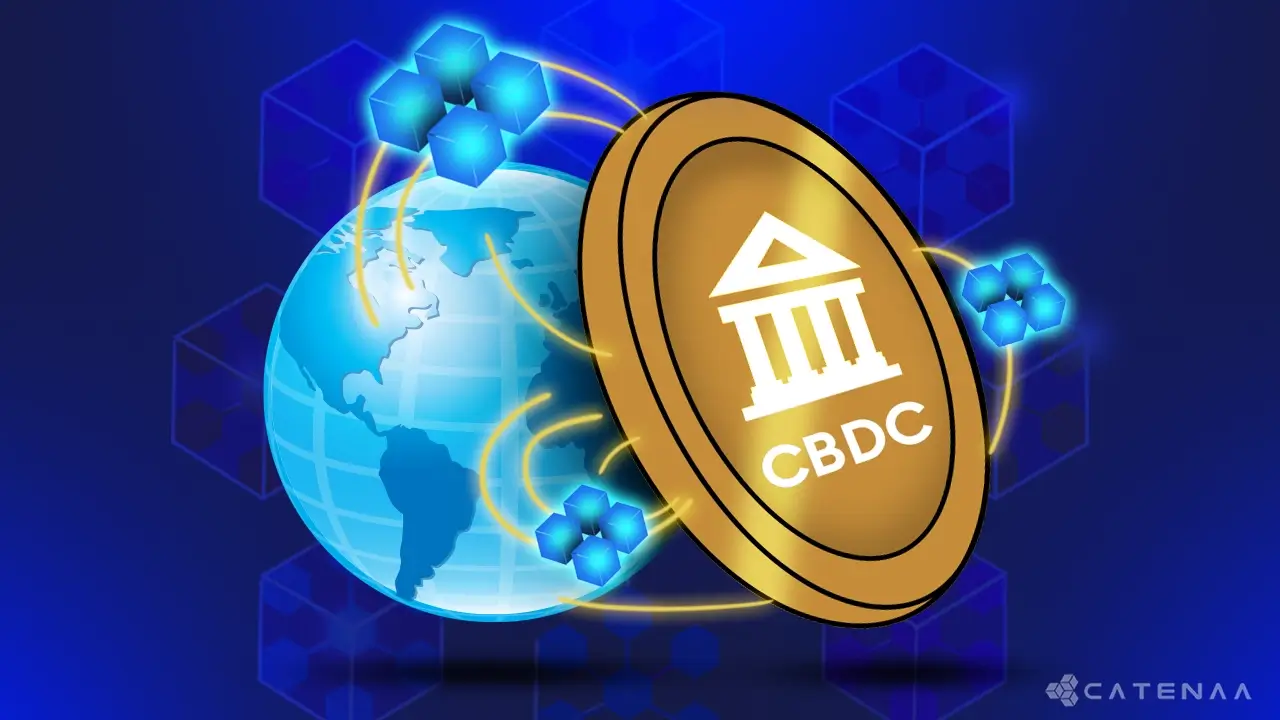New York, NY, Monday, February 12, 2024 –The US Securities and Exchange Commission (SEC) on Tuesday, February 6, 2024, announced changes in rules seen as having potentially significant implications for cryptocurrency and decentralized finance (DeFi) markets. 1
The new rules mandate increased registration, participation in a self-regulatory organization, and adherence to federal securities laws and regulations for a broader spectrum of market participants.
The new rule also mandates that the dealers need to have or control at least $50 million to fall under their jurisdiction.
They involve the redefinition of terms such as “dealer” and “government securities dealer” in the Securities Act Rules, along with a reexamination of the phrase “as a part of a regular business” as it pertains to the Securities Exchange Act of 1934.
Accordingly, the SEC adopted two new rules—Rules 3a5-4 and 3a44-2 of the Securities Exchange Act of 1934 (the Act)—that significantly expand the definitions of “dealer” and “government securities dealer,” a report in the National Law Review said.
“The new rules define the phrase “as a part of a regular business” in Sections 3(a)(5) and 3(a)(44) of the Act to determine if a person is engaged in a “regular pattern of buying and selling securities that has the effect of providing liquidity to other market participants.” Such persons would be required to register as “dealers” or “government securities dealers” under Sections 15 and 15C of the Act, respectively,” it said.
Analysts said that the agency redefined the terms “dealer” and “government securities dealer,” potentially expanding its authority to oversee entities outside its traditional domain.
This shift raises concerns about the potential stifling of innovation and overreach, while others see it as a necessary step toward protecting investors and addressing risks.
This could also mean increased enforcement of disclosure requirements, insider trading rules, and other securities regulations in the crypto industry.
Some reports pointed out that the regulations targeted market participants involved in “significant liquidity-providing roles in the markets.”
In a statement, SEC Chair Gary Gensler emphasized the practicality of these measures
“These measures are common sense. […] Absent an exemption or exception, if anyone trades in a manner consistent with de facto market making, it must register with us as a dealer—consistent with Congress’s intent.”
These rules were adopted through a party-line vote, with both Republican SEC members voting in opposition.
Notably, the initial 2022 proposed rule, spanning 194 pages, made only a passing reference to crypto in a footnote. However, it faced objections from the crypto industry and supportive politicians.
- SEC Rules: https://www.sec.gov/files/rules/final/2024/34-99477.pdf[↩]


